14. Raising Cain (1992)
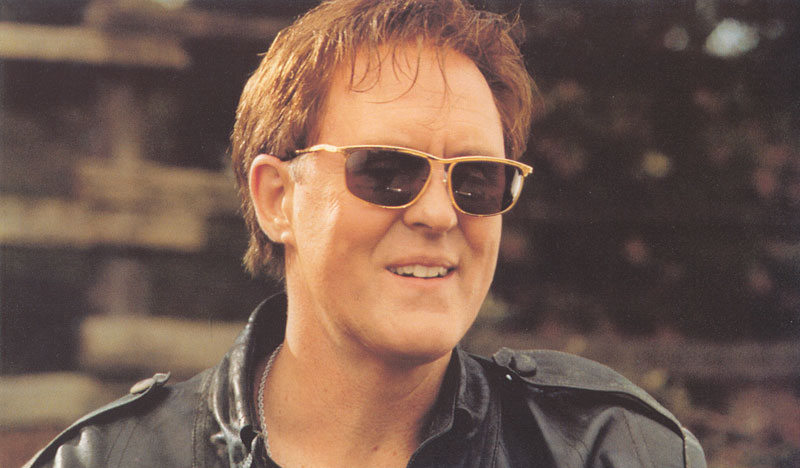
Sensationally over the top at times, and bolstered by an alternately sympathetic and sinister performance from John Lithgow, 1992’s Raising Cain is another Hitchcockian mindfuck in the vein of Psycho but with De Palma’s own distinct flair and flourish.
Dr. Carter Nix (Lithgow) is a highly regarded child psychologist who has, more and more, shown increasingly concerning signs of instability. After discovering that his wife, Jenny (Lolita Davidovich) is having an affair this seems to trigger a monstrous mental breakdown unleashing various other personalities within him, including a ruthless bully and a frightened little boy.
Nix’s descent into madness soon involves complications and arresting visuals that detail murder, revenge and even the abduction of Carter’s own daughter, all of it leading to a showstopping finish, of course.
As ever, Raising Cain is all about artful technique along with the utter eradication of audience expectation as it dives into camp one minute, wily sadism the next, and some incalculable twists seemingly out of left field.
A flawed but highly enjoyable film, Raising Cain has recently received the long-awaited director’s cut that fans have heard De Palma describe and elucidate for decades now––made available as of September 13, 2016 on blu-ray thanks to Shout Factory––which reorganizes several sequences, including a distracting subplot, restoring the proper momentum and menace that the director had always envisioned.
13. The Fury (1978)
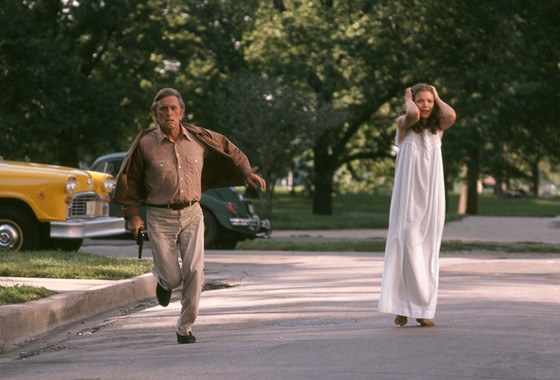
Another supernatural thriller with more than a few similarities to 1976’s prestige horror sensation Carrie, The Fury also features a telekinetic teen (Amy Irving) along with outbursts of startling and stylish violence and rampage. Championed by Pauline Kael who raved that “[The Fury] is so visually compelling that a viewer seems to have entered a mythic night world; no Hitchcock thriller was ever so intense, went so far, or had so many ‘classic’ sequences.”
Based on a screenplay by John Farris which he adapted from his own 1976 novel, The Fury follows the clairvoyant son (Andrew Stevens) of government agent, Peter Sandza (Kirk Douglas), and a top secret project that uses a group of young clairvoyants’ powers for the government’s morally suspect espionage activities.
This project is headed by the ruthless Ben Childress (John Cassavetes) who will eventually get his comeuppance in a gleefully overdone sequence that Kael called “…the greatest finish for any villain ever. One can imagine Welles, Peckinpah, Scorsese, and Spielberg still stunned, bowing to the ground, choking with laughter.”
Also notable is John Williams’ highly effective score and also the big screen debut of Daryl Hannah, Laura Innes, and Dennis Franz, the latter of which would go on to appear in four more De Palma pictures.
12. Casualties of War (1989)
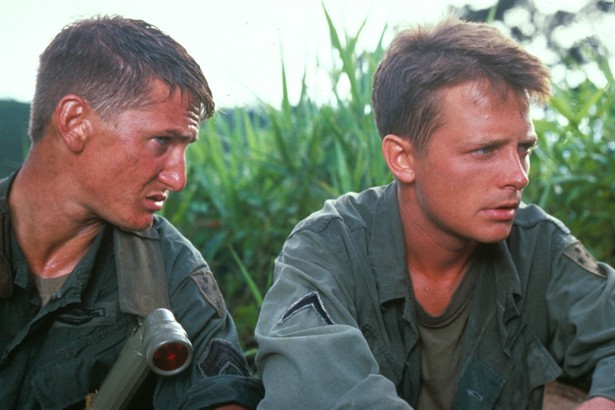
This angry, upsetting, and endlessly provocative anti-war picture has been described by Quentin Tarantino as “the greatest film about the Vietnam War” and similarly Pauline Kael called it without question the greatest Vietnam movie she’s ever seen, and yet, perhaps owing to the bleak cynicism surrounding it and that there had already been an abundance of Vietnam pictures by the likes of Kubrick, and Stone that it didn’t connect well with audiences upon its initial release in 1989.
And it’s a pity as it abounds with daring cinematography, shocking set pieces, and two powerhouse performances from leads Michael J. Fox and Sean Penn.
Told primarily in flashbacks Casualties of War depicts the ordeal faced by Max Eriksson (Fox), a private in the U.S. army who is stationed in Vietnam under Sgt. Tony Meserve (Penn). Although Meserve saves Eriksson’s life during battle, the two men are frequently at odds, particularly when a young Vietnamese woman named Than Thi Oanh (Thuy Thu Le), is abducted by their battalion and used as a sex slave before she is murdered.
Eriksson, refusing to take part in the awful and unrelenting abuse of Oanh, has him further at odds not just with Meserve but with the entire unit. What makes the film all the more challenging is that it stems from an article written by The New Yorker’s Daniel Lang in 1969, and is an authentic depiction of an actual war crime.
The ensemble cast also includes strong performances from Don Harvey, John Leguizamo, and John C. Reilly, resulting in a morally complex and incredibly moving tragedy. Certainly not the type of film you’ll want to rewatch it is also the type of film you’ll never forget.
11. Mission: Impossible (1996)
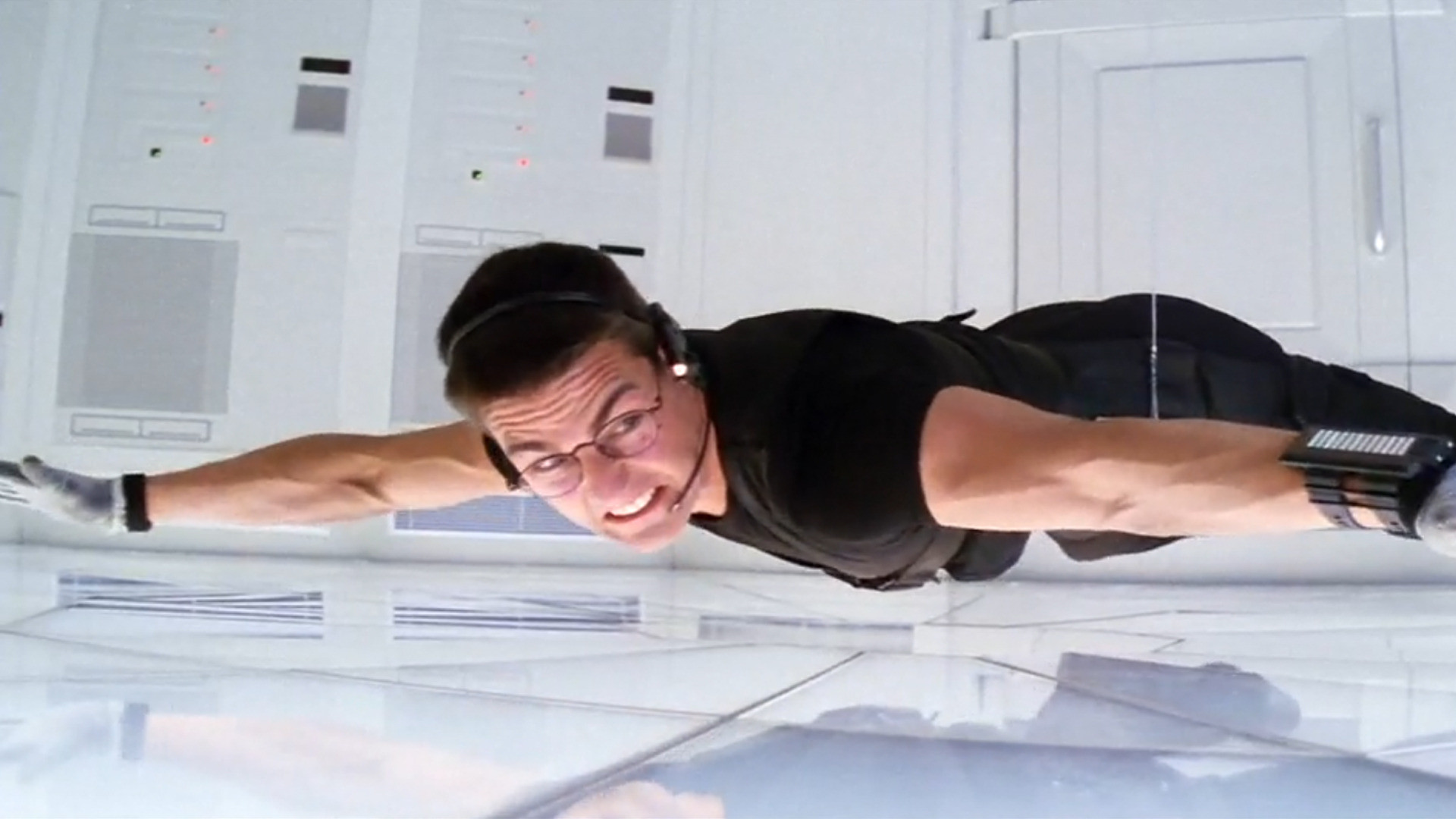
A huge critical and commercial success and one that jump started a prolific franchise, Mission: Impossible, based on the somewhat nostalgic spy-themed TV series that ran 1966 to 1973 was also a big hit because of its high profile super star Tom Cruise. But vanity project this is not as De Palma still delivers all his stylistic bag of tricks while laying on a relentless bevy of special effects and sweeping spectacle on a grand scale.
When U.S. government operative Ethan Hunt (Cruise) along with his mentor, Jim Phelps (Jon Voight), and the rest of his IMF (Impossible Missions Force) go on special assignment at an American embassy in Prague, well, shit hits the proverbial fan.
Finding himself a fugitive amidst a conspiracy in need of exposure, Hunt has no choice but to recruit a loose cann pilot named Franz Krieger (Jean Reno), a genius hacker named Luther Stickell (Ving Rhames), and Phelps’ potentially unreliable wife Claire (Emmanuelle Béart) to help screw over the CIA, retrieve a classic MacGuffin computer file, all to clear his name and prove his innocence.
Will it all work out? As sure as Lalo Schifrin’s original “Theme from Mission: Impossible” is an irresistible earworm, you better believe it! Mainstream thrill rides are rarely this much fist-pumping fun and it still stands as the best in the series.
10. Sisters (1973)
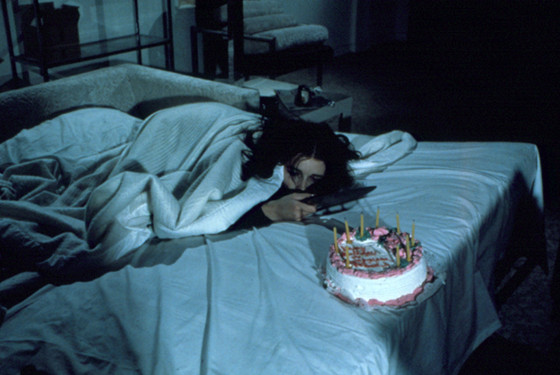
De Palma’s very first thriller and his first film to receive overwhelming critical acclaim, Sisters is also very much a substantial reworking of exploitation cinema in the Hitchcock tradition, with a wealth of well constructed narrative deviations and dark, unpredictable twists.
Grace Collier (Jennifer Salt) is a snoopy journalist who’s horrified when she witnesses her fashion model neighbor, Danielle Breton (Margot Kidder, excellent), violently murder a man. In a state of panic, Grace calls the police, but when they arrive at the scene there’s no longer a body or any signs of a struggle and Grace’s claims are soon discredited.
Convinced of a conspiracy Grace recruits a private investigator named Joseph Larch (Charles Durning, brilliant), who helps her to uncover dark secrets about Danielle’s past, which includes a conjoined twin as well as a devious turn from William Finley as Dr. Emil Breton.
The Film Stage’s Tony Hinds writes; “A perfectly orchestrated exercise in style, a staging of some of the finest suspense sequences since Alfred Hitchcock was above ground.” Sisters is of excellent and artfully upsetting parentage. Don’t miss it.
9. Femme Fatale (2002)
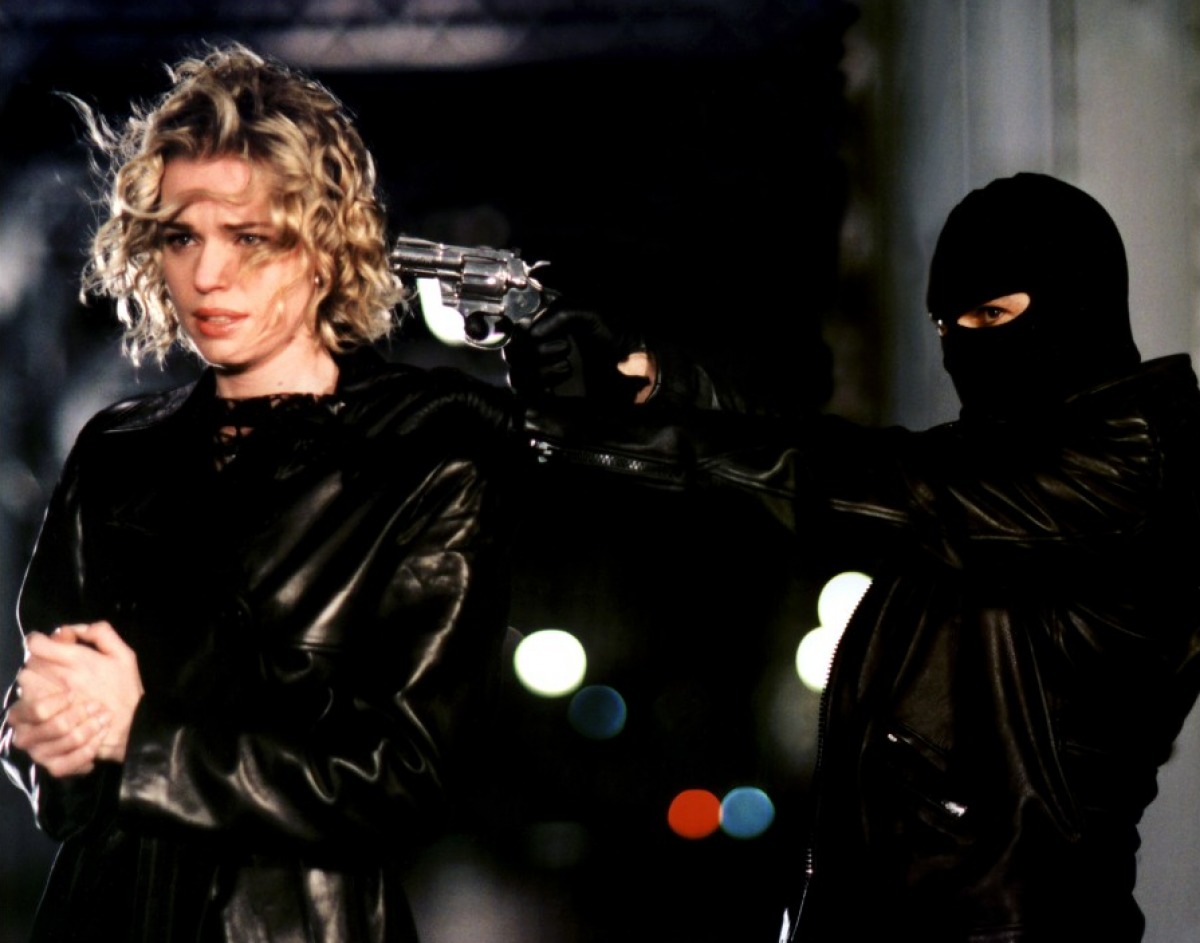
Perhaps De Palma’s most underrated film, Femme Fatale is a Euro-trash treasure that fearlessly manipulates the viewer into a time warping mystery with sexual excitement front and center. Long-legged Laura Ash (Rebecca Romijn) is a career criminal losing track of all the people she has double-crossed in a botched diamond heist.
This chic shocker also inserts a nosy photographer named Nicolas Bardo (Antonio Banderas), a sexy supermodel named Veronica (Rie Rasmussen) and a wealthy Parisian blueblood named Lily (Romijn, again) in a self-aware thriller that oozes style, drips danger, and if the adventurous viewer is game for it, throws some twists that are either absolutely bonkers or a stroke of inspired genius, depending on how you feel about De Palma, one supposes.
In my books, this is one of his most provocative and daring detours that rewards repeated viewings due to how the story spirals alter one’s perceptions and mixes up the meanings behind everything we think we know. Don’t miss it.
8. Carlito’s Way (1993)

“I don’t think I could have made a better film,” he says directly to camera in Noah Baumbach’s and Jake Paltrow’s 2015 documentary De Palma, as the director discusses his 1993 crime saga mini-epic, Carlito’s Way.
A classic gangster picture, every bit as quotable (“Here comes the pain!”) as his more widely recognized Scarface, also starring Al Pacino, here plays the titular Carlito Brigante. After a long stint in prison he fully plans on giving up his criminal ways but it’s not long before the New York City underworld has Carlito back in his drug kingpin position.
Adding depth to this dizzying and dangerous tale is Penelope Ann Miller as Carlito’s dancer girlfriend Gail, a shady scene-stealing Sean Penn as his best friend, lawyer and unlucky fuck up Dave Kleinfeld, Luis Guzmán as Carlito’s right hand man Pachangaas, as well as dangerous rival badass Benny Blanco (John Leguizamo), and a brilliant early career performance from Viggo Mortensen as Lalin, a a paraplegic turncoat.
This is peak De Palma, undoubtedly, and amongst its many distinctions it was named “Best Film of the 1990s” by Cahiers du Cinéma. “When you can’t see the angles no more, you’re in trouble.”